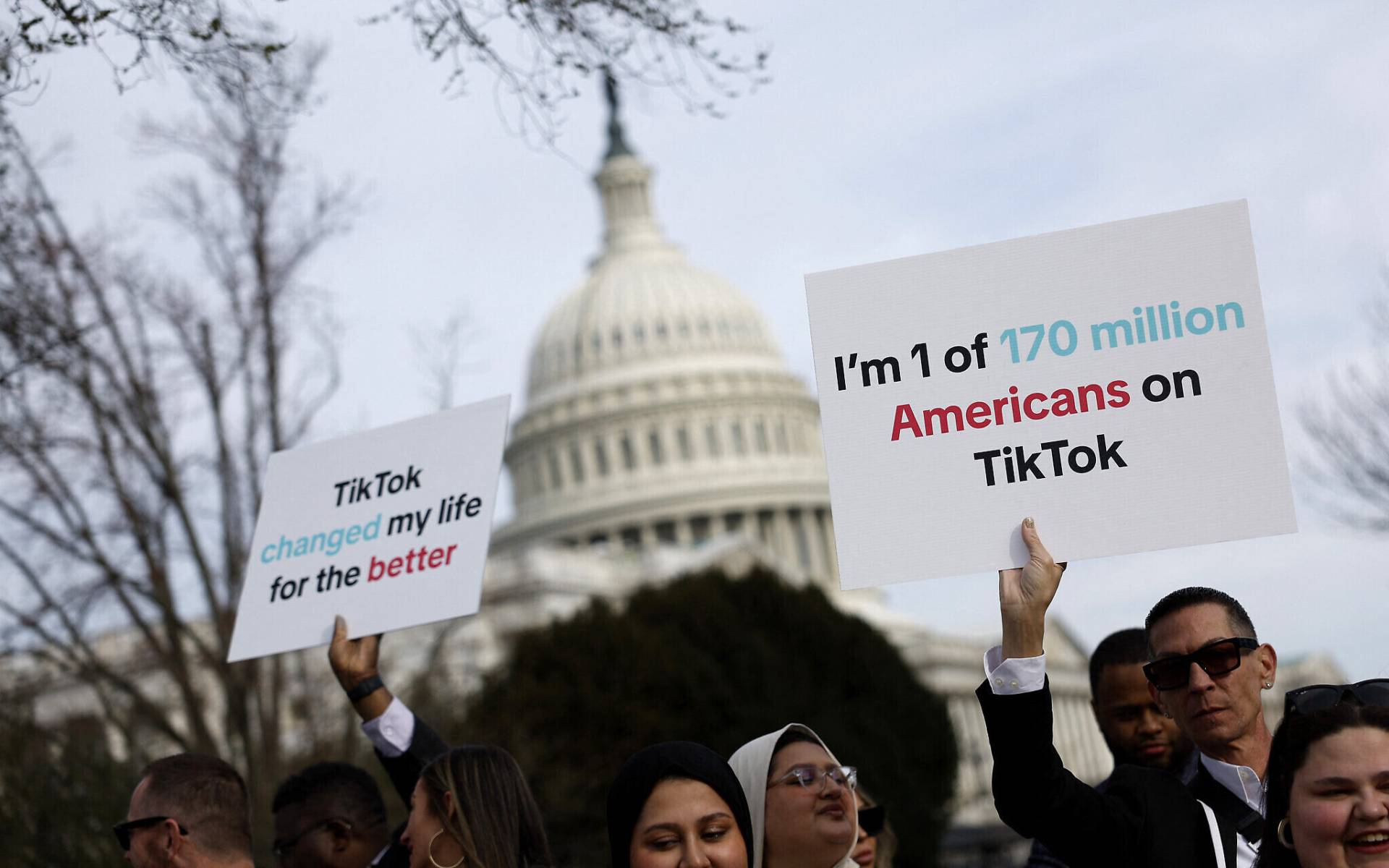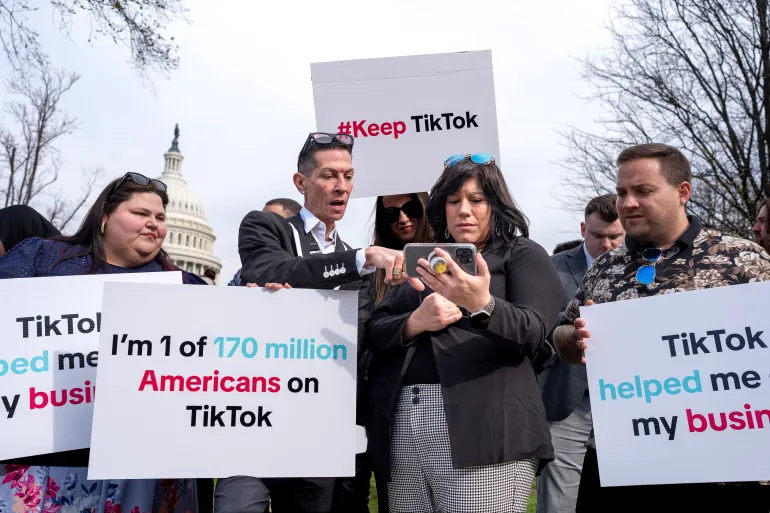Legislation passed by the US House of Representatives could potentially trigger a nationwide prohibition of TikTok. This measure mandates ByteDance, the Chinese company that possesses TikTok, to relinquish its controlling stake in the platform within six months. Non-compliance will lead to TikTok’s suspension within the United States.
The impetus behind this legislation lies in apprehensions regarding ByteDance’s allegiance to Chinese governmental directives, which may encompass content filtration and the exchange of user data with Chinese authorities. These concerns extend beyond the borders of the United States, as TikTok has encountered scrutiny and restrictions in numerous other countries worldwide.

The law won bipartisan support in the House, despite worries about governmental overreach and the possibility of disenfranchising younger generations, a key constituency for the Democratic Party. Interestingly, former President Donald Trump, who previously pushed to prohibit the app, is against this law.
Also Read: Montana Becomes The First US State To Ban TikTok
The bill has drawn harsh criticism from the Chinese government, which described it as an unfair and disruptive measure that jeopardizes investor trust and global business norms. In the meanwhile, TikTok’s substantial advertising revenue in the US—which Emarketer pegs at $8.66 billion—showcases the app’s commercial viability and usefulness as a marketplace for influencers and small companies.

Due to the app’s purported security risks, TikTok has been subject to limitations across the globe, including outright bans in India and limits on government-issued devices in several other countries. Given the app’s high price and potential regulatory and legal barriers for potential buyers, ByteDance’s decision to sell its ownership in TikTok presents a significant task.
Also Read: Top 10 Pakistani TikTok Stars
The bill is now scheduled to be heard by the US Senate. Should it succeed, President Joe Biden has suggested that he is willing to sign it into law, marking a substantial regulatory measure against the popular social networking platform.










